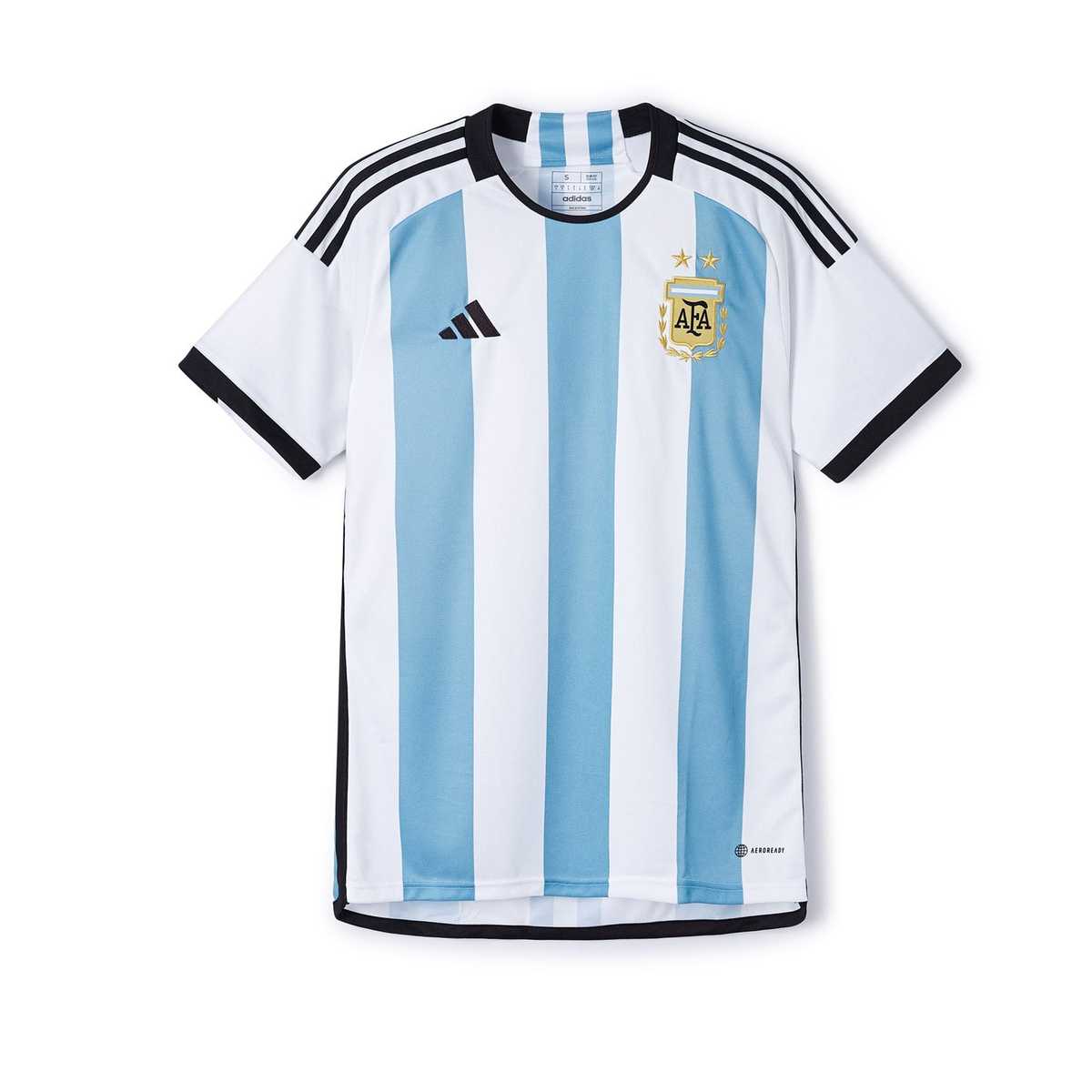Introduction:
In an era marked by environmental consciousness, sustainability has taken center stage across industries. Argentina’s soccer jersey production is no exception, as it adapts to eco-friendly practices and materials. This paradigm shift embraces sustainable materials, environmentally friendly printing methods, ethical sourcing, and the proactive role of sports brands in promoting sustainability. This exploration delves into how Argentina’s soccer jerseys are becoming a beacon of environmental responsibility, aligning the world of sports with the global call for ecological stewardship.
Sustainable Materials in Jersey Production:
The paradigm shift toward sustainability is revolutionizing the realm of jersey production. Conventional textiles are giving way to cutting-edge options like organic cotton, recycled polyester, and eco-friendly blends. This transformative move isn’t merely cosmetic; it holds immense potential in reducing the ecological impact. By curbing resource utilization and curtailing waste generation, these sustainable materials contribute to a diminished environmental footprint.
Moreover, the advantages of these eco-friendly fabrics extend beyond the ecological domain. Sustainable textiles boast functional merits, including enhanced moisture-wicking capabilities and improved breathability. This dual benefit not only aligns with responsible manufacturing practices but also augments the overall quality and performance of the jerseys. In essence, the transition to sustainable materials represents a profound commitment to ethical and environmentally conscious production methods that resonate beyond the confines of the soccer field.
Eco-Friendly Printing and Manufacturing Methods:
The printing and manufacturing processes of soccer jerseys are also undergoing a green transformation. Eco-friendly printing methods, such as water-based inks and low-impact dyes, reduce the release of harmful chemicals and pollutants into the environment. These methods minimize the environmental impact while maintaining the vibrancy and longevity of jersey designs.
Manufacturing practices are also evolving to incorporate energy-efficient technologies and waste reduction strategies. By embracing greener production methods, the soccer jersey industry is taking steps towards a more sustainable future.
Ethical Sourcing and Fair Trade Practices:
Ethical sourcing and fair trade practices are essential pillars of sustainability. The shift towards responsible production includes ensuring that the individuals involved in jersey manufacturing are treated fairly and compensated appropriately. This approach fosters transparency in supply chains and supports the well-being of workers.
By adhering to fair trade practices, the soccer jersey industry contributes to the social welfare of communities involved in production. This commitment to ethical sourcing not only promotes environmental sustainability but also upholds the principles of social responsibility.
Role of Sports Brands in Promoting Sustainability:
Sports brands play a pivotal role in driving the sustainability agenda. These brands hold significant influence over production practices and consumer behavior. By prioritizing sustainability in their operations, sports brands send a powerful message to their audiences about the importance of responsible consumption.
Leading brands often collaborate with environmental organizations, support eco-initiatives, and invest in research and development for greener technologies. These efforts create a ripple effect, inspiring other sectors to adopt sustainable practices and fostering a culture of environmental consciousness.
Conclusion:
Argentina’s soccer jerseys are not just symbols of national pride; they are emerging as symbols of environmental responsibility. The adoption of sustainable materials, eco-friendly printing methods, ethical sourcing, and the proactive role of sports brands in promoting sustainability showcase the industry’s commitment to leaving a positive legacy for future generations.
As the world navigates the challenges of climate change and environmental degradation, the soccer jersey industry’s move towards sustainability demonstrates the potential for positive change. By embracing eco-friendly practices and championing ethical values, Argentina’s soccer jerseys contribute to a greener, more responsible future, where sports and environmental stewardship go hand in hand.
